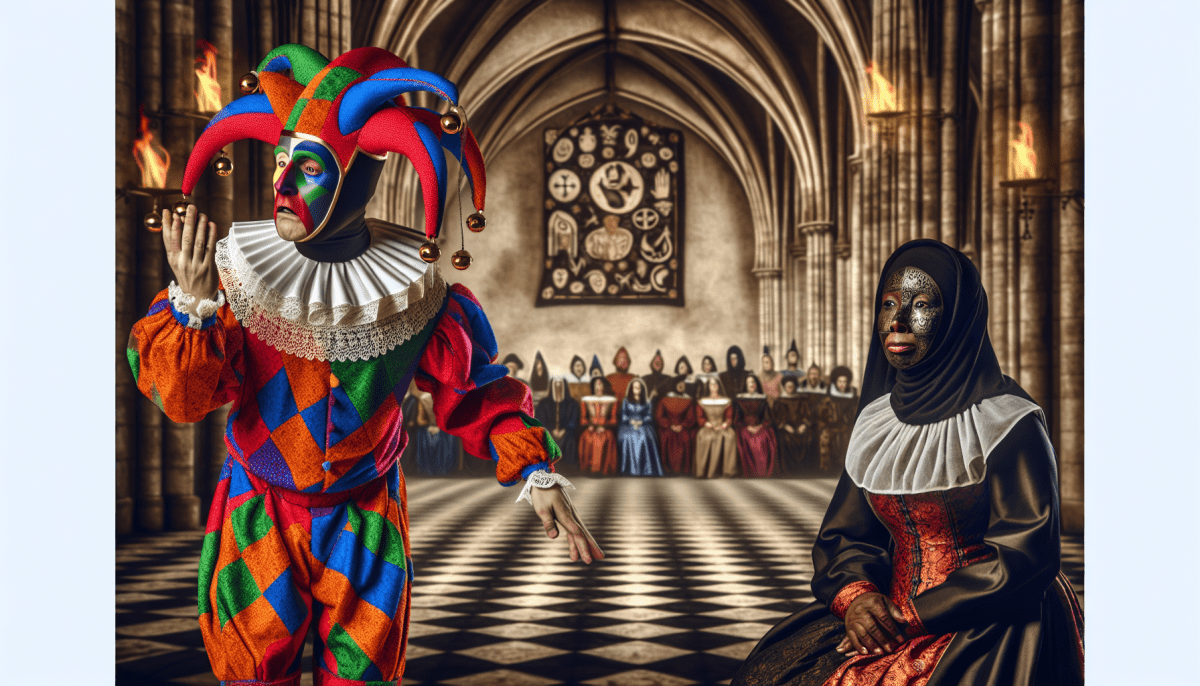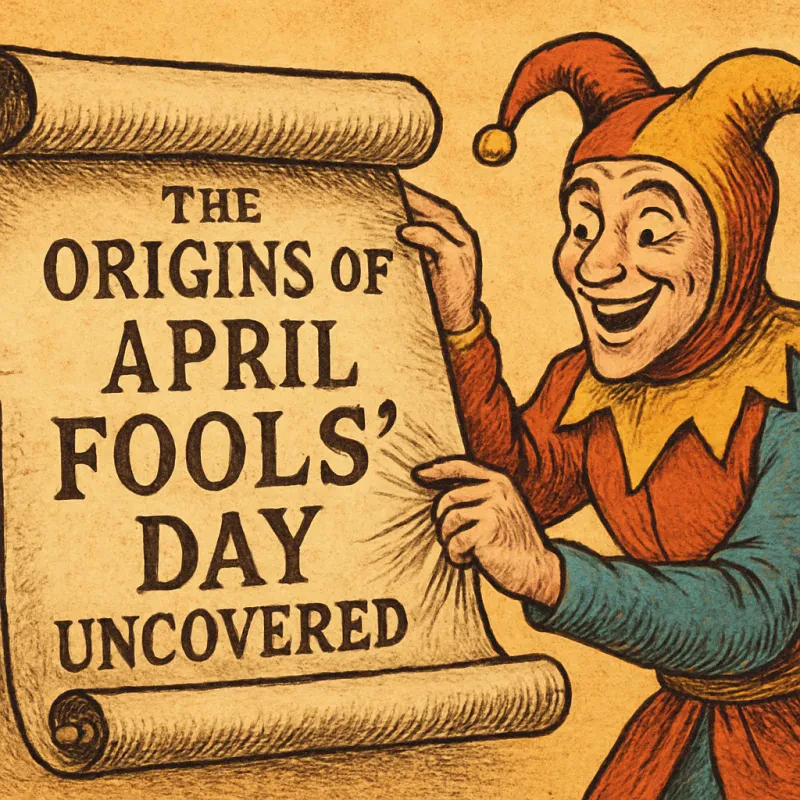Jester humor has a rich history that stretches back to medieval times. These quirky characters were much more than silly entertainers; they held a unique position in society. Jesters often served in royal courts, and their job was to make the king and his guests laugh while also providing a bit of sharp commentary on social issues. Their humor was witty and quick, often blending clever wordplay with physical comedy.
What’s fascinating is how jester humor could get away with poking fun at the powerful. While others might fear retribution for speaking out, jesters were allowed to reveal some uncomfortable truths, all wrapped in jest. With a cap and bells, they could address topics like politics or the king's decisions without the risk of losing their heads! This made their humor significant, as they illuminated truths that others kept quiet.
The comedic style of jesters often relied on improvisation. They’d read the room and tailor their jokes to fit the audience. This meant that no two performances were the same. They connected with people by mixing humor with everyday life experiences, making their jokes relatable and engaging. It’s this improvisational flair that helped shape forms of comedy we still enjoy today.
Jesters also played a crucial role in storytelling. They would often use humor to relay tales and moral lessons, weaving laughs with life lessons that stuck in the minds of their audience. Whether through silly antics or sharp quips, their humor was a powerful tool for communication, spreading ideas in a way that was entertaining and approachable.
Understanding the Jester's Role
The role of a jester in historical courts wasn't just about cracking jokes and making people laugh. These witty entertainers had a unique position that blended humor with keen observation. They often pointed out societal flaws or political missteps through satire, making their audience think while they entertained. This dual purpose made them both beloved and sometimes controversial figures.
What’s fascinating is how jesters had the freedom to speak truths that others couldn’t. While nobles and royalty danced around each other, afraid to voice dissent, jesters could express blunt realities disguised as humor. Whether it was through clever wordplay or physical comedy, they held a mirror to society, encouraging reflection and sometimes sparking change.
Another important aspect of a jester's role was their ability to navigate different social dynamics. They needed to be quick-witted, adapting their humor to suit the crowd. A jester could entertain a king at dinner one night and then make peasants laugh the next day. This adaptability made them not just entertainers, but also social commentators with a pulse on the mood of the people.
In modern times, the spirit of the jester lives on in comedians and satirists, who still challenge norms and encourage dialogue through humor. Understanding this role is key to appreciating how laughter can be a powerful tool for reflection and change, echoing the jester's legacy long after the court has faded from memory.
What Makes Jesters Unique
Jesters have a flair all their own, and that’s what makes them so captivating. Unlike other entertainers, they have this incredible ability to blend humor with wisdom. With a sharp wit and playful approach, they can poke fun at serious subjects while delivering valuable life lessons. It's this mix of fun and insight that keeps audiences coming back for more.
One of the standout features of jesters is their improvisational skills. They can adapt on the fly, adjusting their jokes and routines based on the crowd’s reactions. Whether it’s a quick jab or a clever pun, they know how to keep the energy flowing. This ability makes each performance unique; no two shows are ever the same!
Another thing that sets jesters apart is their colorful and elaborate costumes. They often wear bright colors and quirky accessories, making them instantly recognizable. These outfits aren’t just for show; they embody the spirit of fun and playfulness. It’s like they wear a splash of joy, inviting everyone to join in on the laughter.
Lastly, jesters have a long-standing tradition of challenging authority with humor. They can address topics and issues that might be too sensitive for others, all while keeping things light-hearted. This not only entertains but also gets us thinking—sometimes, humor is the best way to tackle tough conversations!
The Impact of Humor in History
Humor has always played a significant role throughout history, serving as a means of communication, social commentary, and even a form of protest. From ancient Greece to the Renaissance, jesters and humorists often found ways to make serious topics more approachable. They could poke fun at the powerful, offering a unique perspective that often went unnoticed by traditional historians.
Take the medieval court jester, for example. They were not just entertainers; they had a special position that allowed them to speak freely in front of royalty. This gave them a platform to critique rulers and their policies through satire. A cleverly placed joke could challenge the status quo and spark conversations among the nobility and the common folk alike.
In more recent history, humor has also been used as a tool for social change. Think about political cartoons from the 19th century that addressed important issues in society, such as inequality and corruption. These illustrations and jokes were not just funny; they rallied people to think differently about their circumstances. When people laugh, they often open their minds to new ideas and perspectives.
Even in times of crisis, humor can be a much-needed relief. During wars and conflicts, comedians and satirists have helped people cope with fear and uncertainty. Through laughter, they create a sense of community and resilience, offering comfort when times are tough. So, humor isn’t just about making people smile; it's a vital part of human expression that has shaped society in profound ways.







